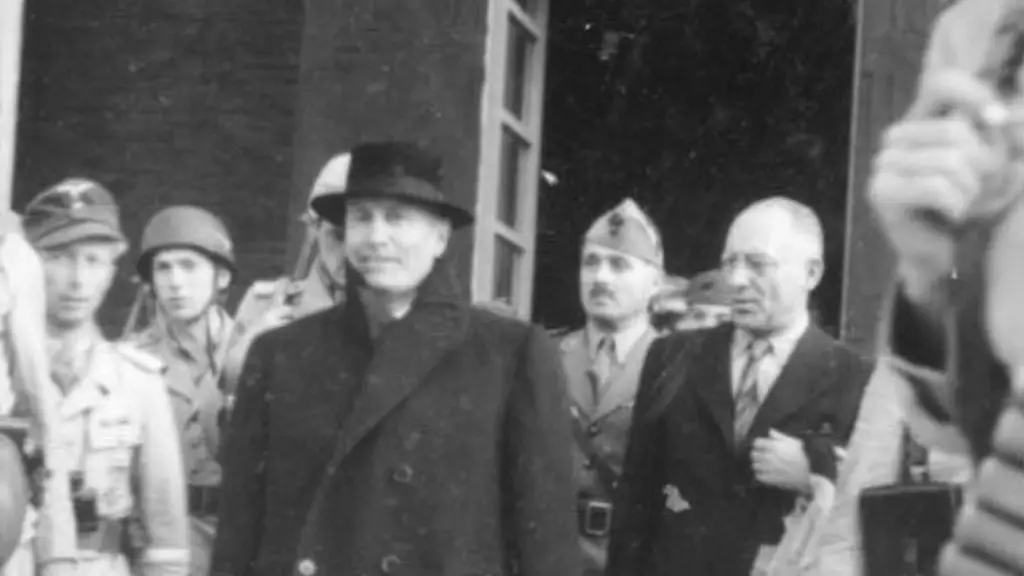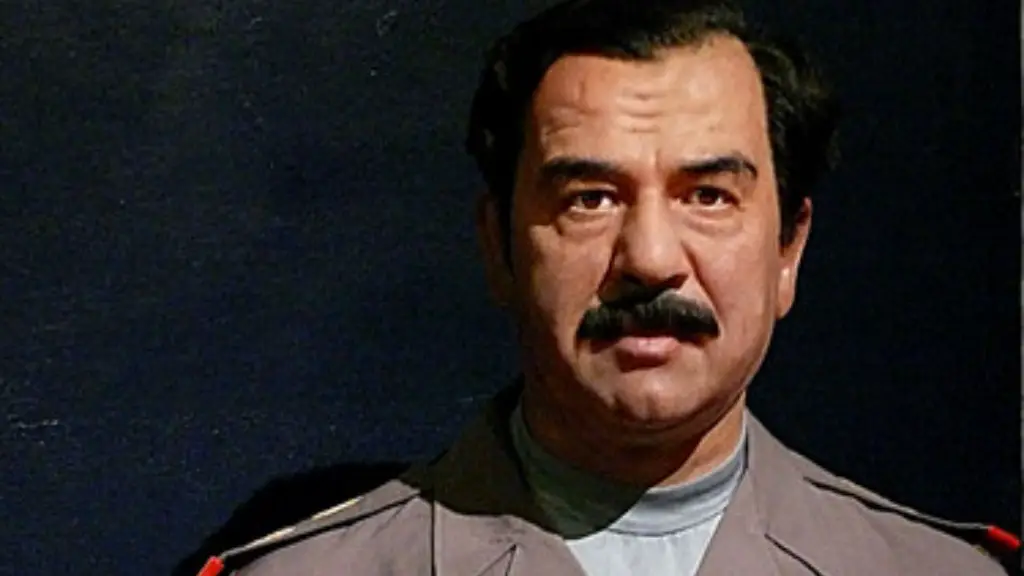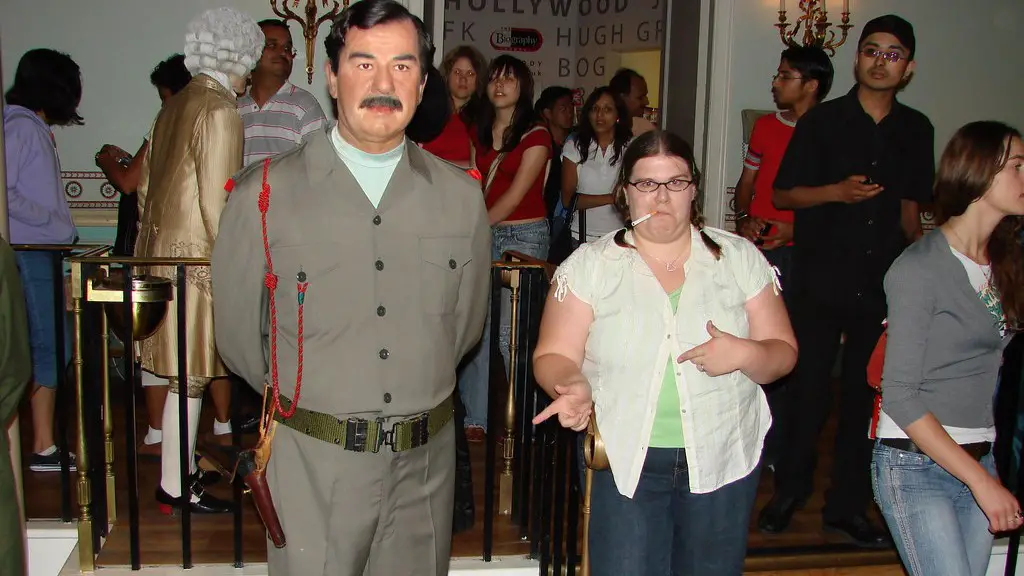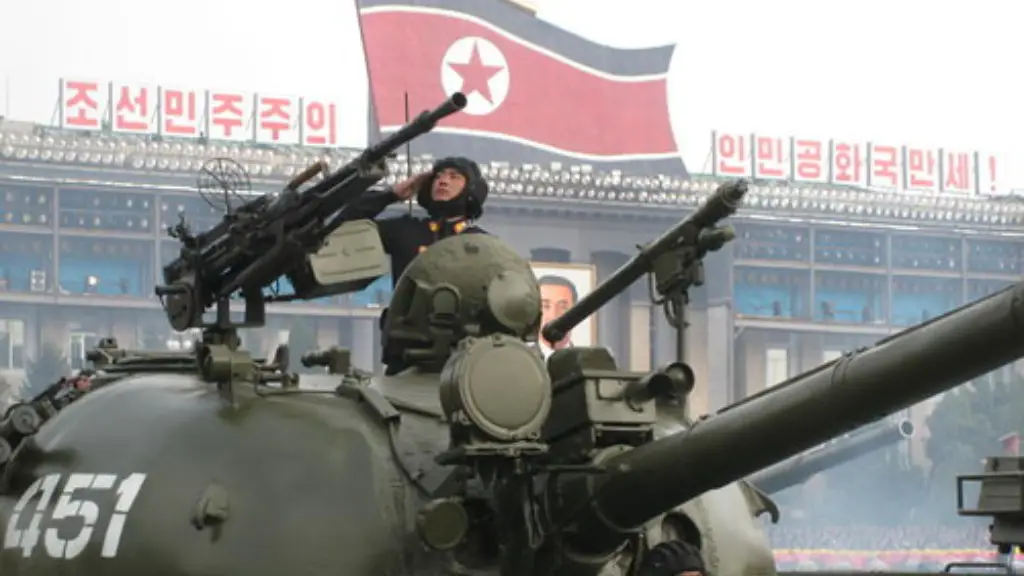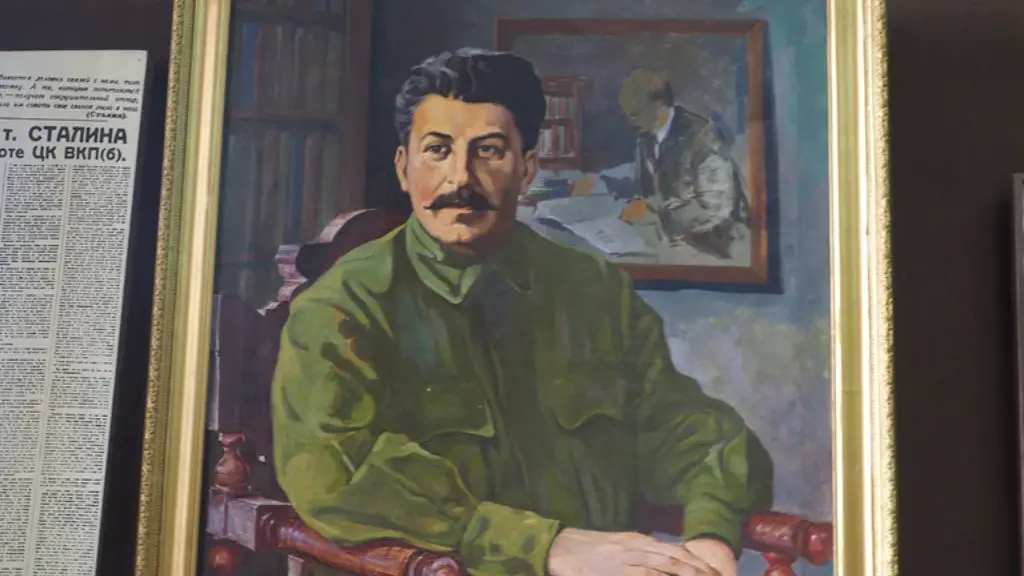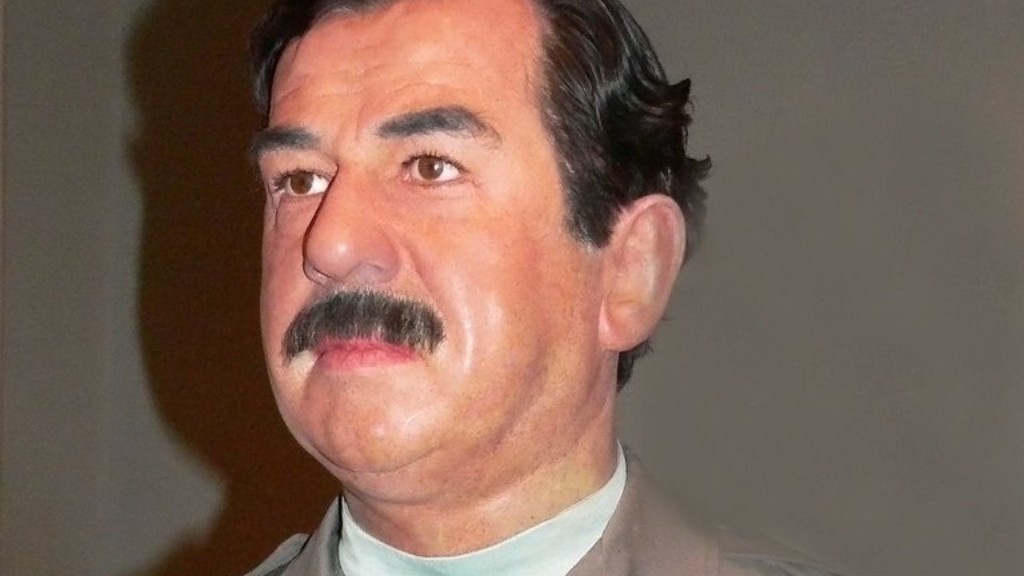Benito Mussolini was an Italian political leader who ruled the country as a dictator from 1922 until his death in 1945. He was a member of the National Fascist Party and founded the Italian Fascism movement. Although he originally aligned himself with the communists, he eventually denounced them and established a totalitarian regime. Mussolini was a controversial figure and his dictatorship is associated with numerous human rights violations.
No, Benito Mussolini was not a communist. He was the founder of the Italian Fascist movement.
What type of government did Benito Mussolini have?
In Italy, Benito Mussolini used his charisma to establish a powerful fascist state. Mussolini was a gifted speaker and was able to rally support for his cause. He was also a skilled politician and was able to use the Italian government to his advantage. By the early 1920s, Mussolini had complete control of Italy and had established a totalitarian dictatorship.
Fascism and communism are two very different political ideologies. Communism is based on the idea of economic equality for all, while fascism is a nationalistic system with strict class roles. Fascism is also usually ruled by a dictator.
What ideology did Mussolini believe in
Fascism is a political ideology that seeks to create a totalitarian state that is ruled by a strong and single-party dictatorship. The main principles of fascism include nationalism, totalitarianism, corporatism, and anti-communism. Fascism was first developed in Italy in the early 1900s, and later spread to other European countries.
The Italian fascist regime was founded in 1922, when Mussolini came to power. The regime lasted until 1943, when Mussolini was overthrown. Fascism continued to exist in other European countries even after the end of the Italian regime.
Fascism is a controversial ideology, and there is much debate surrounding its true nature. Some scholars argue that fascism is a reactionary and conservative movement, while others argue that it is a radical and revolutionary movement.
Mussolini was a socialist before becoming a fascist. While living in Switzerland from 1902 to 1904, he cultivated an intellectual image and wrote for socialist periodicals such as L’Avvenire del Lavoratore (The Worker’s Future).
Mussolini was a journalist who founded the Milan-based newspaper Il Popolo d’Italia. Originally a socialist party member, he left the group when he fought in World War I. After the war, fascists declared the socialists public enemy number one over their anti-war positions.
Fascism is a political ideology that has a mythic core of populist ultranationalism. This means that the ideology stresses the need for the country to be reborn and for the people to be united. The ideology also has a strong sense of nationalism and a belief that the country is in decline.
What religion is fascism?
The Lateran Treaty was a key moment in the relationship between Fascist Italy and the Vatican. By recognizing the Pope as the sovereign ruler of the Vatican City state, Mussolini effectively gave Roman Catholicism a privileged position in Italy. This had a significant impact on the way that Fascism operated in Italy, and helped to solidify the Catholic Church’s support for the regime.
What are the pros and cons of socialism and capitalism?
Socialism Pros and ConsPros of socialismReduced financial inequality. Social ownership of resources. Cooperative decision-making. Free education.Positive social change.Political equality.Religion.Cons of socialismControls interests. Dictatorship and totalitarianism.Public ownership. … Worker exploitation.More items…•
What is socialism in a nutshell?
Socialism is an economic and political system under which the means of production are owned by the community and production is controlled by the state. … Socialists believe that everything in society is made by the cooperative efforts of the people and citizens are entitled to a share of the proceeds.
What is socialism today?
Generally, socialist systems tend to feature a coordinated, mesh economy with social control or cooperative management of production. Democratically or transparently planned economies are not socialist nor are command economies or centrally controlled economies that are not transparently planned.
What is socialism vs communism vs capitalism?
On the other hand, socialism is a broad umbrella that can be defined as a social and economic system in which society or the community owns business and property and wealth to ensure that everyone has access to resources. So
What are the 5 main ideas of fascism
Fascist movements emerged in Europe in the early 20th century, in response to the social and economic disruptions caused by World War I. These movements were characterized by a number of common themes, including authoritarianism, nationalism, hierarchy and elitism, and militarism.
Fascism upholds the concept of a strong, centralized state led by a powerful leader, who wields absolute power and controls all aspects of society. Fascists also emphasize the need for a strong, unified national community, and often promote racial or ethnic nationalism. They believe that hierarchy and social order are essential to society, and that elites and a strong military are necessary to maintain this order.
While fascism varies in its specific doctrines and practices, these common themes are central to all fascist movements.
Fascism is a political ideology that emphasizes the importance of the nation state and national unity, and promotes a strong identity with the state. Fascism opposes liberalism, Marxism, and democracy, and instead favors a strong centralized government with limited individual rights. Fascism rose to prominence in the early 20th century, as a reaction to the social and economic changes brought about by the Industrial Revolution.
Fascism is a dictatorial form of political ideology where a ruler wields supreme power and authority over a country. Socialism, on the other hand, is an ideology where individuals of a society own the means of production. In contrast, rulers of socialist nations distribute power and authority among the states.
The main difference between communism and socialism is that under communism, most property and economic resources are owned and controlled by the state (rather than individual citizens); under socialism, all citizens share equally in economic resources as allocated by a democratically-elected government.
Socialism in Italy is a political movement that developed during the Industrial Revolution over a course of 120 years. It came to a head during the Revolutions of 1848, when workers across the country rose up in protest against the poor working conditions and low wages. The movement has since gone through many ups and downs, but it remains a significant force in Italian politics.
Mussolini was a strong advocate for a society that was organized around a strong national identity, rather than social class or political affiliation. He believed that only a dictator could make the necessary changes to restore Italy to its national promise. Although his ideas were controversial, Mussolini was able to gain a significant following and ultimately took control of Italy.
Is fascism same as dictatorship?
Fascism originated in the early 20th century and has been adopted by various political regimes and movements across the world. The most notable fascist regimes include Nazi Germany, Mussolini’s Italy, and Franco’s Spain. Fascism is characterized by excessive nationalism, militarism, centralized autocracy, and a dictatorial leader. The main difference between fascism and other far-right, authoritarian regimes is the extensive use of violence and totalitarianism.
The Nazi Party was a political party in Germany that was led by Adolf Hitler. The party espoused a form of fascism that incorporated fervent antisemitism, anti-communism, scientific racism, and the use of eugenics into its creed. The Nazi Party was responsible for the horrific genocide of millions of Jews during the Holocaust, as well as the deaths of millions of other people during World War II.
What is the main aim of fascism
Fascism is an anti-liberal, anti-communist, and anti-conservative political ideology. The goals of fascism are the creation of a nationalistic dictatorship that will regulate economy and structure social relations within a modern, self-determined culture to transform a nation into an empire. Fascists believe that a strong, centralized government is necessary to bring about national unity and to promote economic and social development. They also believe that violence is a legitimate means to achieve political goals.
Fascism is a political ideology characterized by strong centralized government, social order and control, strict conformity to authority, and intense nationalism. Fascism typically embraces aggressive nationalism, corporatism, and often racism and anti-communism.
Warp Up
No, Benito Mussolini was not a communist. He was the founder of the Fasci Italiani di Combattimento, an Italian revolutionary nationalist group. He later became the leader of the National Fascist Party and Prime Minister of Italy.
It is difficult to definitively say whether or not Mussolini was a Communist, as he publicly professed different political leanings at different points in his lifetime. However, given his close association with Karl Marx and his advocacy for worker rights, it is likely that Mussolini was at least sympathetic to Communist ideals.
